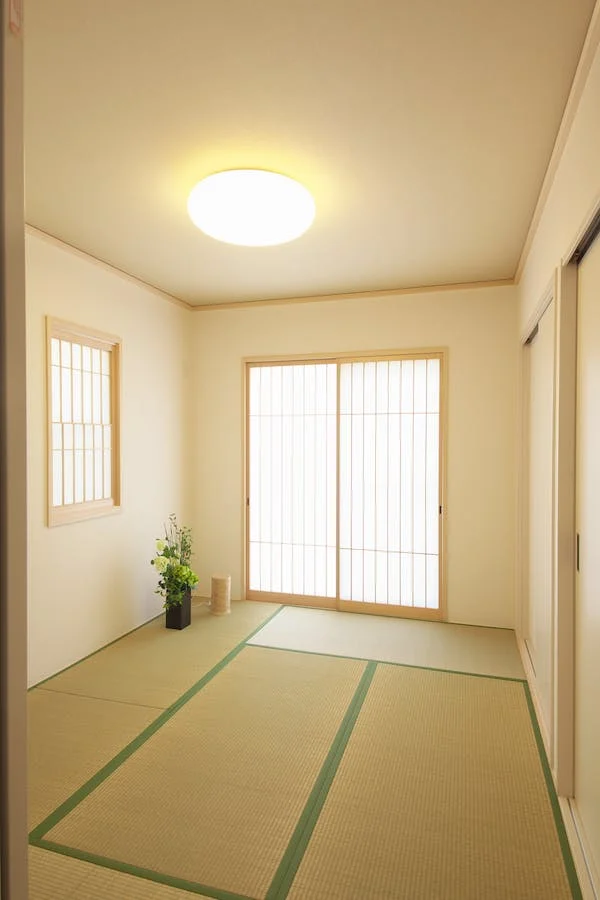Understanding the Difference Between Emotions and Feelings: Navigating the Biology and Art of Emotional Management
Emotions and feelings are often used interchangeably, but they have distinct meanings and play different roles in our lives. Emotions are instinctive and automatic responses to stimuli, while feelings are the conscious interpretations and subjective experiences of those emotions. As Charles Darwin once said, “Emotions are the source of all human motivation, and feelings are the compass that guides us.” In this article, we will explore the difference between emotions and feelings, their biological underpinnings, and effective strategies for managing them.
Emotions, as primal and instinctive responses, are deeply rooted in our biology. They are hardwired into our brains and bodies, serving as adaptive mechanisms that help us navigate the world. Emotions such as fear, anger, joy, and sadness are universal and shared across cultures. As Joseph LeDoux, a neuroscientist, stated, “Emotions are not just in our heads; they are in our bodies.” When we experience an emotion, our brain releases neurotransmitters and hormones that trigger physiological changes, such as increased heart rate, changes in breathing, and the release of stress hormones like cortisol.
Feelings, on the other hand, are the conscious experiences and interpretations of our emotions. They are shaped by our thoughts, beliefs, and past experiences. Feelings are subjective and can vary from person to person, even in response to the same emotion. As neuroscientist Antonio Damasio said, “Feelings are mental experiences of body states.” Our thoughts and interpretations of our emotions give rise to our feelings, which can range from subtle sensations to intense experiences.
Understanding the biology behind emotions and feelings can help us manage them more effectively. When we experience an intense emotion, it is important to recognize and acknowledge it without judgment. As Carl Jung once said, “What you resist, persists.” By allowing ourselves to fully experience and accept our emotions, we can prevent them from becoming suppressed or repressed, which can lead to long-term emotional and physical health issues.
Managing emotions and feelings requires self-awareness and self-regulation. One effective strategy is to practice mindfulness, which involves being fully present in the moment and observing our thoughts and emotions without judgment. Mindfulness allows us to create a space between our emotions and our reactions, giving us the opportunity to respond consciously rather than react impulsively. As Jon Kabat-Zinn, a mindfulness expert, said, “You can’t stop the waves, but you can learn to surf.”
Another powerful tool for managing emotions and feelings is emotional intelligence. Emotional intelligence involves recognizing, understanding, and managing our own emotions, as well as empathizing with the emotions of others. By developing emotional intelligence, we can cultivate greater self-awareness, regulate our emotions more effectively, and build healthier relationships. As Daniel Goleman, an expert in emotional intelligence, stated, “Emotional intelligence is the key to both personal and professional success.”
Practicing self-care is also crucial for managing emotions and feelings. Engaging in activities that promote relaxation and self-nurturing, such as exercise, meditation, and spending time in nature, can help regulate our emotions and reduce stress. As Eleanor Brownn once said, “Self-care is not selfish. You cannot serve from an empty vessel.” Taking care of our physical, mental, and emotional well-being allows us to approach our emotions and feelings from a place of strength and balance.
In addition, seeking support from trusted friends, family, or professionals can be invaluable in managing emotions and feelings. Sharing our experiences and emotions with others can provide validation, perspective, and guidance. As Brené Brown, a renowned researcher on vulnerability, said, “Vulnerability is not winning or losing; it’s having the courage to show up and be seen when we have no control over the outcome.”
Lastly, cultivating a positive mindset and practicing gratitude can help shift our focus from negative emotions to more positive ones. By consciously choosing to focus on the good in our lives, we can reframe our experiences and emotions. As Maya Angelou once said, “If you don’t like something, change it. If you can’t change it, change your attitude.”
In conclusion, emotions and feelings are distinct yet interconnected aspects of our human experience. Understanding the biology behind emotions and the subjective nature of feelings can empower us to manage them more effectively. By practicing mindfulness, developing emotional intelligence, engaging in self-care, seeking support, and cultivating a positive mindset, we can navigate the complexities of our emotions and feelings with grace and resilience. As we embrace the art of emotional management, we open ourselves to a more fulfilling and balanced life.




